Description

Parameters and Specifications:
- Input Voltage: 24 V DC ± 20%12
- Input Current: Maximum of 5 mA (for some specifications) or 100 mA (for other specifications)12
- Number of Digital Inputs: 161
- Number of Digital Outputs: 161
- Input Type: Single-ended and differential1
- Output Type: Relay1
- Communication Protocol: PROFIBUS DP (for some models)2
- Operating Temperature: -40°C to +85°C2
- Storage Temperature: -40°C to +85°C2
Dimensions and Weight:
- Size: 12.4 x 7.4 x 4.4 cm (for model CI858K01 3BSE018135R1)2
- Weight: 0.3 kg (for model CI858K01 3BSE018135R1)2 or 0.2 kg (for some specifications)3
Series:
- ABB CI858 Series34
Features:
- High-Speed Processing: The CI858 has strong processing capabilities, enabling it to handle large amounts of data quickly1.
- Multiple Communication Protocols: Supports multiple communication protocols, including Ethernet, Profibus, Modbus, etc.34.
- Powerful Control Functionality: In addition to communication, the CI858 also has built-in control functions such as logic control, data processing, and algorithmic operations4.
- Easy Integration and Configuration: Features simple interfaces and engineering tools that allow for easy parameter setting, protocol configuration, monitoring, and diagnosis4.
- High Reliability and Stability: Manufactured by ABB, a renowned provider of industrial automation solutions, the CI858 adheres to strict quality control standards, ensuring reliable and stable operation4.
Applications:
- Industrial Automation: Plays a key role in industrial automation systems, enabling data communication and collaboration between devices, improving production efficiency and system reliability4.
- Wide Range of Industries: Widely used in various industrial automation fields, including power, manufacturing, chemicals, water treatment, and more




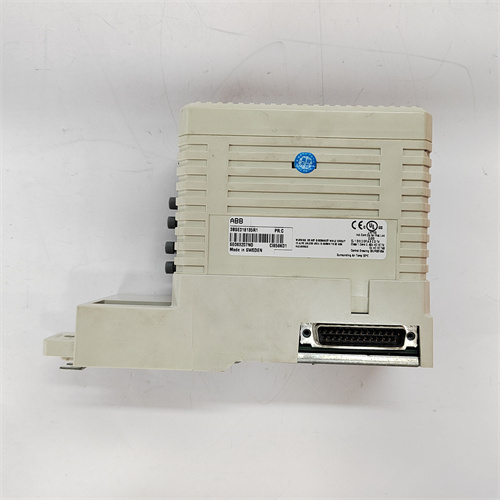
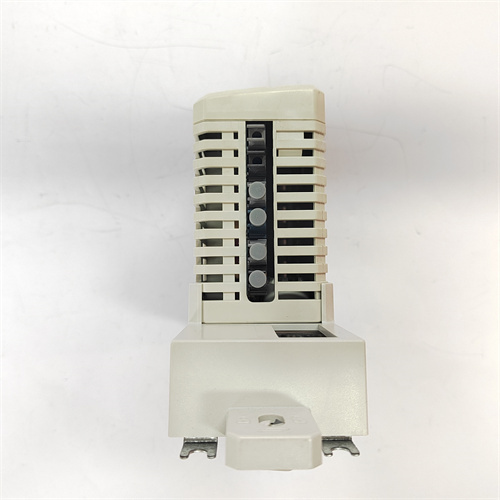
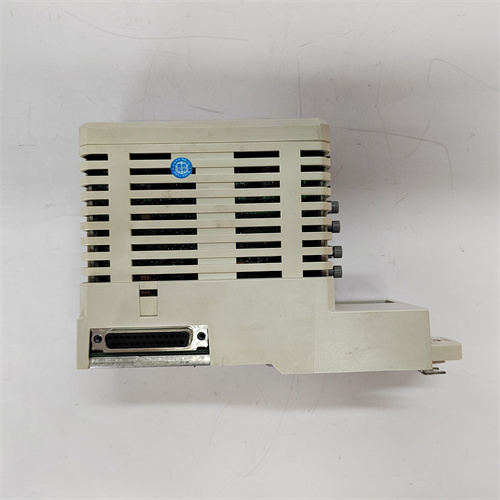
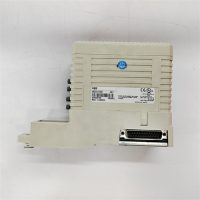
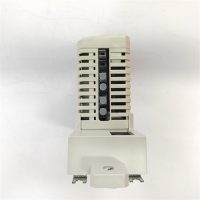
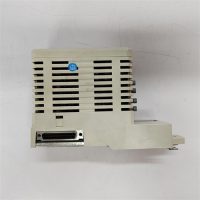

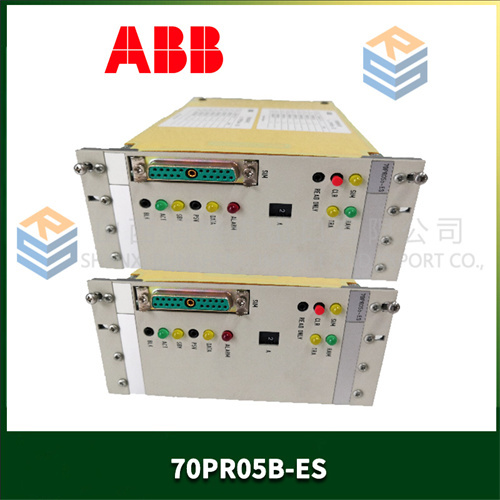


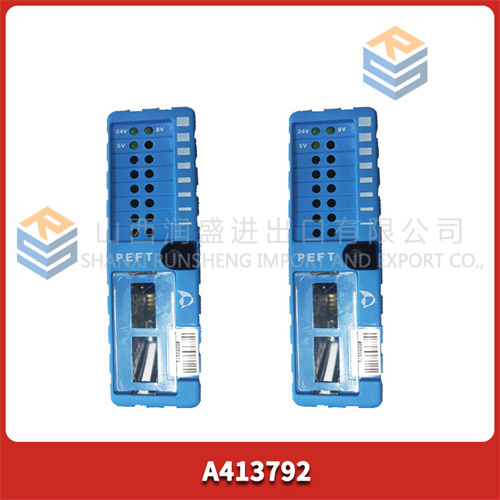

Reviews
There are no reviews yet.